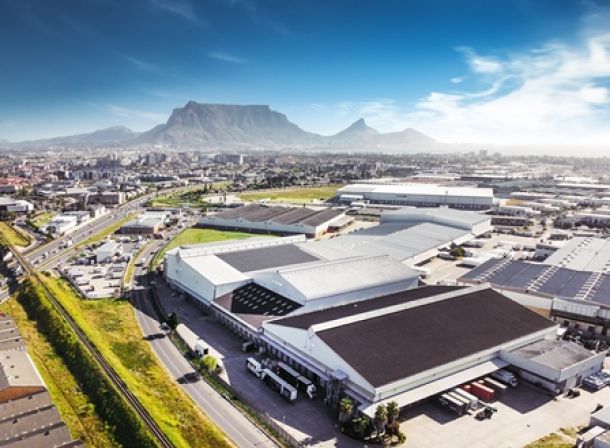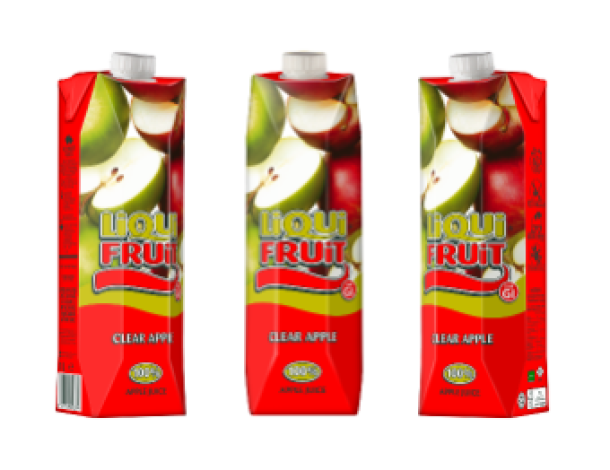SA has ample food supplies, no need to panic, say economists
South Africa’s food security is secure for the rest of the year amid concerns raised by the downturn brought on by the coronavirus, which has led to some South Africans stockpiling ahead of an expected nationwide lockdown.
Agricultural economist Wandile Sihlobo, in a working paper on the impact of coronavirus on food security, said yesterday that from a national perspective, there was doubt that South Africa would experience food shortages, at least for most food products over the next 12-months.
He said while there are essential imported food products that South Africa was dependent on - such as rice (100percent depended on imports), wheat (50 percent dependent on imports), and palm oil (100 percent dependent on imports) - some of the countries which had reported cases of Covid-19 had not taken drastic measures of limiting business activity (apart from Italy and China) to reduce the spread of the virus. This meant the importation of some agriculture products into South Africa could continue unabated, barring any unforeseen eventuality.
He said the implications of Covid-19 on food price inflation remained unclear in the near-term, though it was clear South Africa had ample food supplies for 2020, and therefore, there was no need for panic buying.
“In the unlikely event of potential shortages, it will be due to glitches in the logistics of shipping imports rather than a decline in global essential grains supplies,” Sihlobo said.
Thinktank, the The Bureau for Food and Agricultural Policy (BFAP) said in an update even in a scenario where global supply chains disrupted the consistency of rice and wheat imports over the medium term, South Africa would have sufficient staple white maize to accommodate a relative shift out of rice and wheat to maize. It said South Africa was also expecting a substantial surplus in maize production in 2020, with farmers set to produce the second-largest maize crop in history.
BFAP estimated a total maize crop of 15.5 million tons, of which 9.1 million tons was white maize. South Africa’s total human consumption of maize as basic staple food is estimated at 5.4 million tons per annum and total feed consumption amounts to 5.8 million tons per annum.
“This implies that we will have ample maize to meet demand in the human and feed markets, and will be able to export into neighbouring countries,” it said.
Of more concern was Europe, which is now considered the epicentre of the global outbreak and, when considered as a union, supplies more agriculture and food products to South Africa than China.
AgriSA yesterday moved to assure the public that there was no food scarcity and pleaded with consumers not to stockpile food items.
AgriSA’s deputy executive director Christo van der Rheede said: “The agricultural sector is, therefore, working with the government to prioritise and guarantee the supply of fresh and essential agricultural products. The value chains that supply the products daily have the necessary precautions in place to protect workers and to keep supplies moving In case of further restrictions, the harvesting, processing, distribution, delivery, and sale of agricultural products and groceries will be exempted from this.”
Related Articles

Clicks expands service delivery with the openin...

SPAR drives logistics innovation across distrib...

Futureproofing the supply chain in Sub-Saharan ...

Pioneer foods announces recall of certain 100% ...


